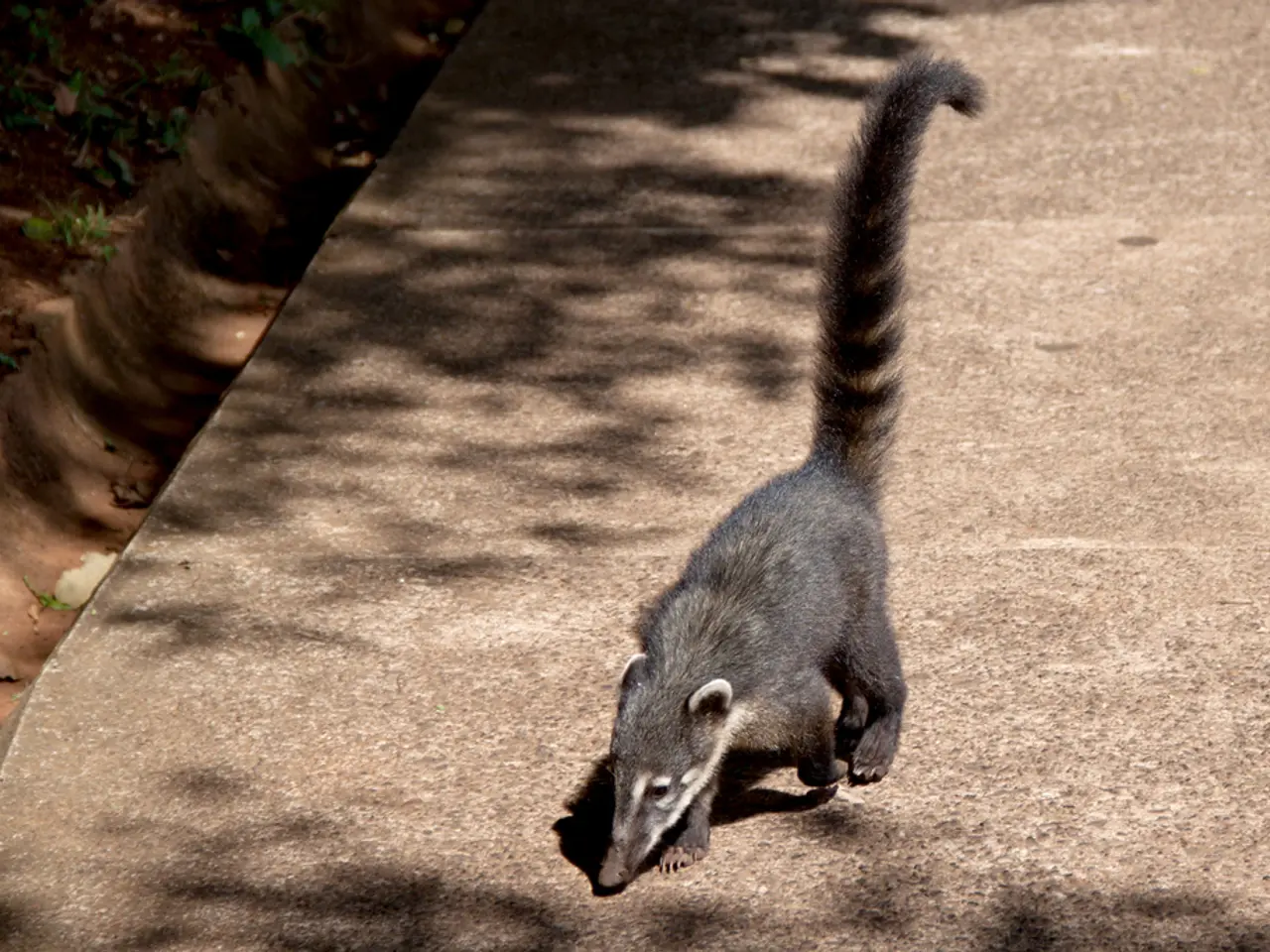Toxic Charms: 18 Attractive Plants Hiding Potent Perils
In a recent warning, the Colorado Master Gardener has identified 18 plants that pose a significant risk to both humans and animals due to their toxic properties. These plants, if handled carelessly, can lead to severe consequences.
The delicate and fragrant Lily of the Valley may seem like an ideal addition to any garden, but it contains cardiac glycosides, a toxic compound that can slow the heart and cause dizziness, vomiting, and even hospitalization. Foxglove, with its beautiful appearance, is another such plant that has given us the heart drug digitalis, but ingesting just a couple of its leaves can trigger arrhythmia, nausea, and cardiac arrest.
Jimson Weed and Datura, often mistaken for harmless wildflowers, contain scopolamine and atropine, which can cause delirium, amnesia, and hallucinations. The consequences can be severe, leading to a racing heart and out-of-body confusion, necessitating emergency room visits.
The Autumn Crocus, known for its vibrant blooms, can be harmful if ingested, causing symptoms such as nausea, vomiting, and diarrhea. In severe cases, it can lead to kidney failure and even death.
Other plants on the list include Water Hemlock, considered the most violently toxic plant in North America, which can cause extreme seizures within minutes and is potentially fatal. Poison Hemlock, Oleander, Deadly Nightshade (Belladonna), and many more are also included.
These plants can cause severe skin irritation or contact dermatitis, gastrointestinal symptoms like vomiting, diarrhea, and abdominal pain, neurological symptoms such as seizures, hallucinations, and paralysis, cardiac toxicity leading to arrhythmias or heart failure, respiratory failure, liver and kidney damage, and even death in severe cases after ingestion or sometimes even by skin contact.
The Colorado Master Gardener advises careful handling, especially when gardening or when these plants are accessible to children or pets. For a comprehensive list of all 18 poisonous plants with detailed descriptions, visiting the exact Master Gardener publication or official Colorado State University Extension publications on poisonous plants would provide the authoritative resource.
It's essential to remember that while these plants can be beautiful additions to any garden, their toxic properties make them potentially dangerous. Therefore, it's crucial to exercise caution when handling them and to keep them out of reach of children and pets.
- Organic landscaping projects should avoid planting Lily of the Valley, Foxglove, Jimson Weed, Datura, Autumn Crocus, Water Hemlock, Poison Hemlock, Oleander, Deadly Nightshade (Belladonna), and other toxic plants that pose a significant risk to both humans and animals.
- In the realm of environmental science, these toxic plants should be studied carefully to understand their impact on the health-and-wellness of humans, animals, and the environment.
- Decorative gardens that incorporate the garden of Eden theme might consider avoiding toxic plants like Lily of the Valley, Foxglove, and Jimson Weed, as their toxic properties could restrict the various fauna and pollinators that such a garden would typically attract.
- The fashion-and-beauty industry may want to reconsider using extracts from certain toxic plants, such as Foxglove, which contains digitalis, a heart drug, and can be potentially harmful if ingested.
- When planning a home-and-garden, it's essential to consider the presence of toxic plants like Water Hemlock and Deadly Nightshade (Belladonna), as they can cause serious medical-conditions like kidney failure, seizures, and even death, if not handled carefully.
- For a lovely flourishing garden that promotes health-and-wellness for all, it's advised to opt for non-toxic plants, leaving out the likes of Autumn Crocus and Jimson Weed, which can cause symptoms like diarrhea, hallucinations, and even death.
- In the space-and-astronomy community, one might imagine a future Martian garden where these toxic plants are grown for potential medicinal or scientific purposes, but caution would be needed to ensure their contained growth to minimize negative impacts on the Martian environment and its potential one-day inhabitants.
- Before starting a food-and-drink business that uses plants like Foxglove or Datura for their unique properties, it's crucial to be aware of their toxic components that can lead to severe gastrointestinal symptoms, seizures, and neurological disorders, and to seek appropriate guidance from experts in that field.




